All You Need To Know About Dark Pool Trading (2024)
By Wilbert S
January 10, 2024 • Fact checked by Dumb Little Man
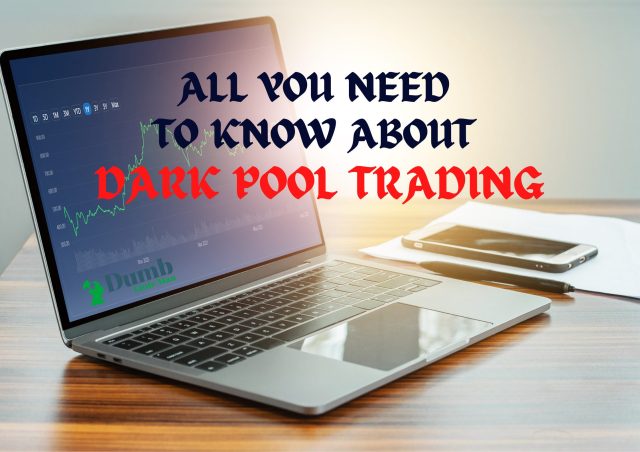
Want to jump straight to the answer? The best Stock Brokers are Tradestation and Tradier
The #1 Stocks and Forex Trading Course is Asia Forex Mentor
Just from the word “dark,” you know that what happens in the dark is always kept secret and not to be disclosed. However, an alternative trading system allows investors to get their large trades executed without disclosing them to the public and to assist smaller exchanges in meeting their liquidity needs. One such alternative trading system is the dark pool trading system.
You can simply say that dark pool trading is a private exchange trading market for institutional investors and traders who want to execute trades without disclosure to the public. Although the dark pool financial exchange is for trading securities, it is the opposite of the public exchanges because they have a high degree of financial regulation, which is absent in dark pool trading.
For this article, we have asked Ezekiel Chew, a world-renowned and seasoned forex mentor, teacher, and expert, to break down the concept of dark pool trades into a simpler form. Read through this article to further understand how dark pools work and if they affect your investment portfolio as an institutional trader.
What is Dark Pool Trading
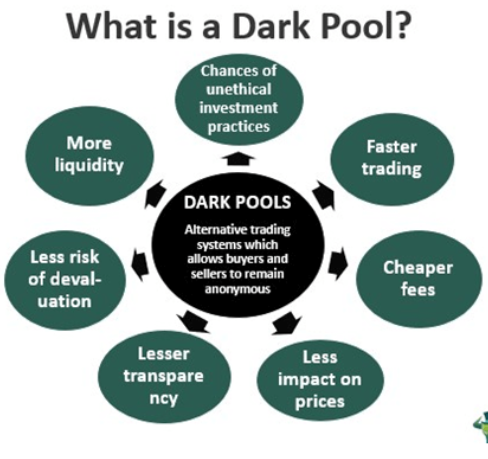
“Dark pool” trading is a secret market where trading securities can be privately exchanged. This implies that institutions can trade securities by buying or selling large blocks of securities without going through public exchanges. However, to also simply put it, dark pools are private exchanges where institutional investors can trade shares, and those transactions won’t be available on a major stock exchange.
Dark pools are alternative trading systems that allow investors to receive confidential trading information as they execute trades until the transaction is completed and cleared. Dark pool trades are alternative markets where institutions can buy and sell stocks at prices different from trades on public exchanges. Also, dark pools are an alternative to traditional stock exchanges.
As a result of the decentralization of online marketplaces, dark pools have developed. However, they are not open to the public but can be directly accessible among market participants through secret clauses or informally accessible by retail investors and institutional traders through retail brokers. Dark pools favor institutional investors, such as mutual funds and hedge funds, who do not want the public to know their positions in the market and those executing block trades.
Origins of Dark Pools
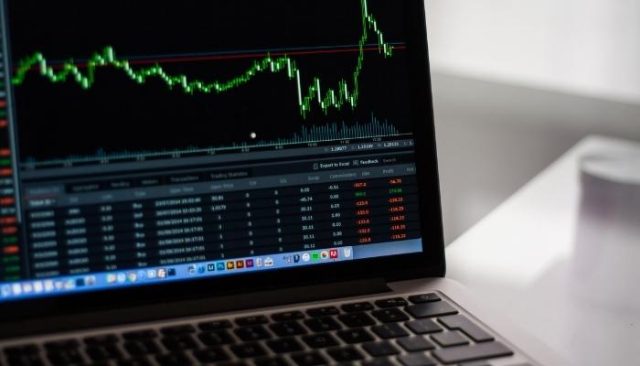
Dark pools began after a regulatory adjustment by the Securities and Exchange Commission (SEC), which made broker-dealers seek lower transaction fees; they also wanted to keep their trading prices from competitors. This led to dark pools to keep prices hidden from the public market.
The New York Stock Exchange now offers automated trading, thanks to the Securities and Exchange Commission’s (SEC) release of Regulation NMS 2005. In addition, the SEC closely regulates the dark pools and maintains a registry of all operational dark pool trades.
In addition, the SEC has updated to advancements in technology; this is reflected in the progress of the financial communication systems, which has brought the production of new hybrid techniques such as algorithm trading, which relies on speed and liquidity to keep the trading costs low.
Types of Dark Pools
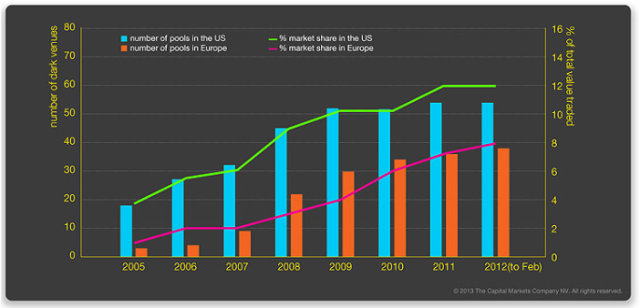
There are three types of dark pools, namely;
• Dark Pools of Electronic Market Makers
Personal entrepreneurs like Knight and Getco provide the dark pools and act as principals against their accounts. The transaction pricing of electronic market makers is not based on the National Best Bid and Offer (NBBO); hence there is price discovery.
• Dealers and Brokers Own Dark Pool
Large broker-dealers develop their own dark pools for their clients; price discovery is present because these broker-dealers create their unique values through order flow.
• Exchange-Owned Dark Pool or agency Broker Dealers
From the word “agency,” we can imply that they’re agents, which is true; the broker-dealers act as agents rather than principals. The quotes are created from markets like the baseline of the National Best Bid Offer (NBBO); hence, no need for price discovery.
Why is it Important to use Dark Pools

Most institutional investors initially used dark pools because they didn’t want public exposure to the positions they decided to take in the market. Instead, they are investors who are front-running. Front running in the financial market refers to an investor who enters a position into trade security before a block trade is completed and cleared and, as such, can enjoy the rewards from subsequent price movements.
Dark pools have grown exponentially and more frequently than they used to be before now. The world of investment has grown so much that some trades no longer require the input of human efforts, such as algorithmic trading and high-frequency trading. With the advent of technology, the computer system makes more block trades in seconds.
Since High-frequency trading bombards the trading volume on the public exchange, which is not okay for institutional investors, there had to be a way through which the programs can break larger orders into smaller ones. This is achieved by executing smaller trades on different exchanges instead of just one financial exchange; this reduces front running and helps to protect the details on where the trader has made such deals.
This is the essence of dark pools, to accomplish smaller trades to fulfill DARK POOL LIQUIDITY REQUIREMENT. In addition, dark pools add to the efficiency of the market because they provide additional liquidity for certain securities by allowing them to be listed on the exchanges.
Dark Pools Examples
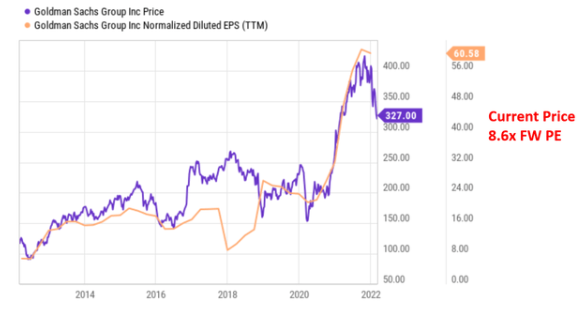
Examples of dark pools include dealer or broker-controlled exchanges like Goldman Sach’s Sigma X, private exchanges operated by public exchanges like the New York Stock Exchange, and individual platforms that allow personal interactions with clients. A broker-controlled dark pool will get its price discovery from public exchanges, while a private market will get its price discovery from inside its marketplaces.
Several investors and traders have a negative perception of dark pools, which is quite understandable to an extent; some others see them as shady businesses because of their lack of transparency. However, dark pools are highly monitored and regulated by the Securities and Exchange Commission (SEC)
However, there’s an understandable fear that the public valuations of some assets are increasingly incorrect due to the large number of trades made on shadow markets. There are also claims that the marketplaces create good fuel for intense high-frequency trading by high-frequency traders.
Advantages of Dark Pools
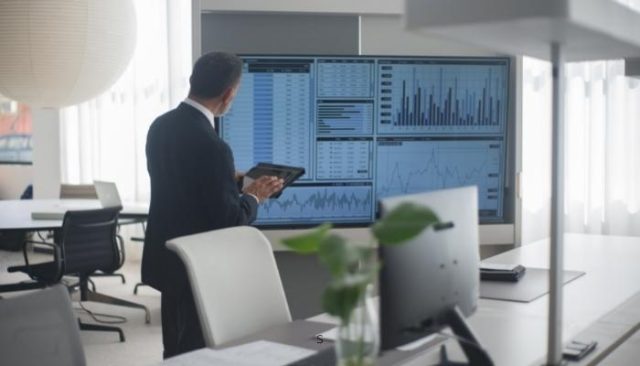
• No Price Depreciation
Dark pools allow executing large trades with less concern about front running because it has been minimized. In addition, large trades can be broken down into smaller trades and completed through dark pools before the price drops.
• Private Exchanges
Dark pools allow a trade to occur away from the criticizing and watching eyes of the public. As a result of market psychology, there’s a high tendency for public markets to exaggerate or refuse to respond. Dark pools make it easier to execute trades that cause value exaggeration.
• Increased Market Efficiency and Liquidity
This advantage is debatable because liquidity can dry up quickly on a private exchange. However, algorithmic and high-frequency trading increases market efficiency since information is quickly priced into traded securities.
Disadvantages of Dark Pools
As much as there is a good side to the dark pools, there’s also the other side, which is the disadvantages.
• Unequal Advantages
When it comes to high trading volume, dark pools have an advantage. However, when trading securities are in high volume, most private exchanges cannot keep up with this advantage. In addition, conflicts of interest and other unethical investment practices are found in dark pools.
• Lack of Transparency
In contrast to the public exchanges with heavy regulations, dark pools operate with minimal oversight and scrutiny, which has led to their lack of transparency and made some people feel that the investors are making profits from them by trading on the exchanges.
Best Stock and Forex Trading Course

Asia Forex Mentor offers the best forex trading education in Asia. The course is set up so that you can earn money while learning. You’ll be able to trade forex profitably with a skilled trader’s help. In Singapore and other sites worldwide, tens of thousands of people from the United States, the United Kingdom, and other Asian countries have been taught.
Ezekiel Chew’s teaching method is founded on the principle of return on investment, which states that if you invest $1, you will gain $3. It’s not about zany strategies or elaborate procedures. Professional traders and financial organizations use his authorized system. He is the driving force behind the growth of various companies, including DBP, the Philippines’ second-largest state-owned corporation.
Due to his strategy’s effectiveness, many full-time traders have joined the program with little to no prior trading experience and emerged successful.
| RECOMMENDED TRADING COURSE | REVIEW | VISIT |
|---|---|---|
 | #1 Forex, Crypto and Stocks trading course. Ranked most comprehensive by Investopedia and Best by Benzinga. Free to Try! |  |
Best Stock Brokers
| Broker | Best For | More Details |
|---|---|---|
 | Advanced Traders Read Review | securely through Tradestation website |
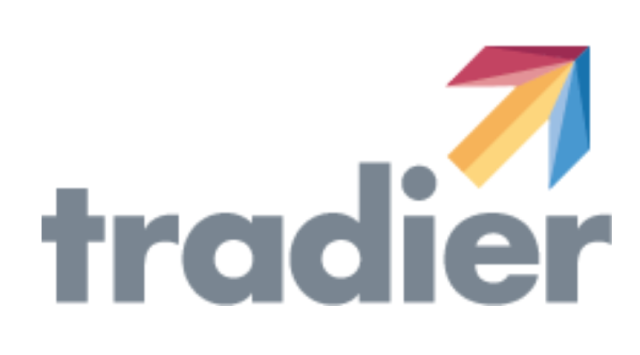 | Intuitive Platforms Read Review | securely through Tradier website |
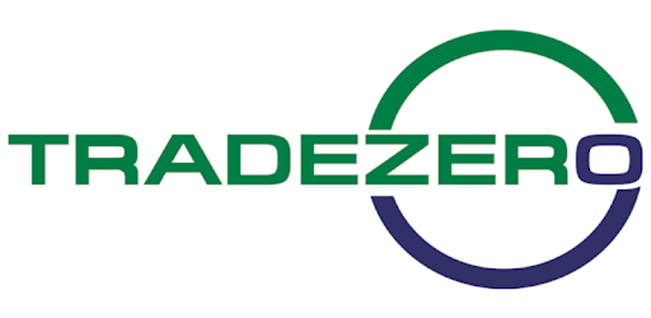 | Powerful Services at a Low Cost | securely through Tradezero website |
 | Professional Forex Traders Read Review | securely through Interactive Brokers website |
Conclusion: Dark Pool Trading
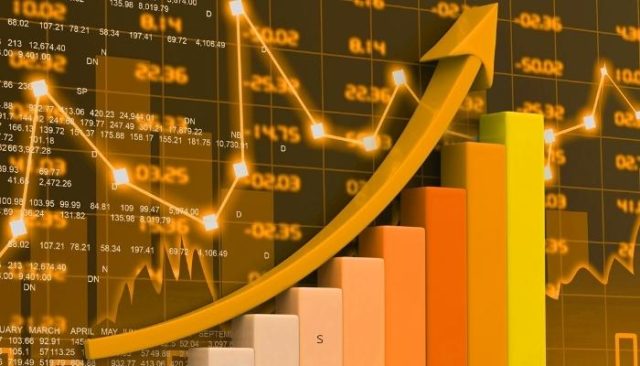
Dark pool trading is a private exchange where investors can trade stocks and shares, and those transactions won’t be available on a major stock exchange, so the stock trading details are excluded.
Dark pools exist primarily to save small amounts for institutional traders and provide organizations like mutual funds and pension funds with price movement benefits, understanding that the proceeds and rewards will be given to the institutional investors who hold those funds.
As earlier mentioned, dark pools are known for their lack of transparency, making them prone to conflicts of interest by their principals. Some call them shady businesses because of their exploitative trading practices by high-frequency trading enterprises.
Dark Pool Trading FAQs
Is Dark Pool Trading Legal?
Yes, dark pool trading was legalized in 1976 by the Securities and Exchange Commission (SEC), which passed a regulation to legalize dark pools, and in the 1980s, the SEC permitted the start of dark pools. In addition, the Securities and Exchange Commission has updated its regulations on alternative trading systems (ATS) over the years to comply with technological advancements and investor feedback.
Is Dark Pool Trading good or bad?
Depending on how each investor and trader wants to view the dark pool trade, it has both advantages and disadvantages. However, most people benefit from the advantages of dark pools, and dark pool trading is suitable for them.
The lack of transparency in dark pool trading has been an added advantage to players, but it also has its disadvantages and dark sides.
Wilbert S
Wilbert is an avid researcher and is deeply passionate about finance and health. When he's not working, he writes research and review articles by doing a thorough analysis on the products based on personal experience, user reviews and feedbacks from forums, quora, reddit, trustpilot amongst others.


